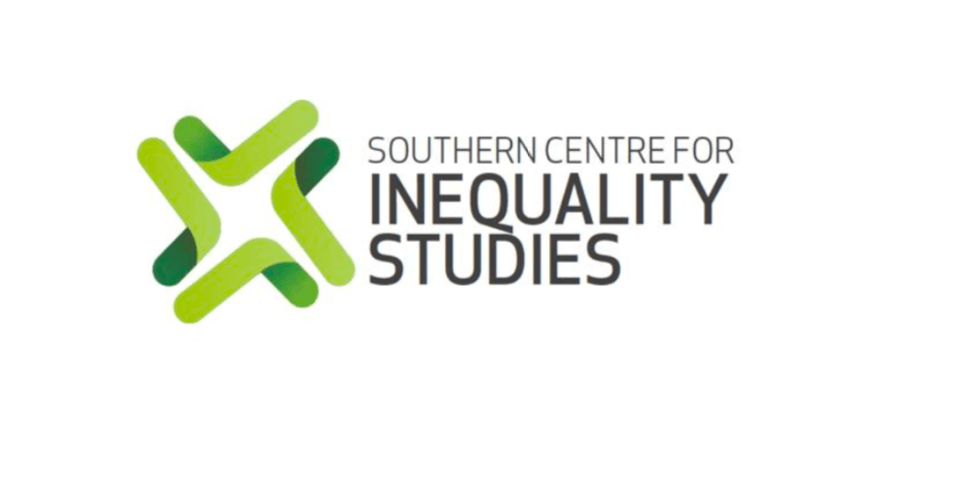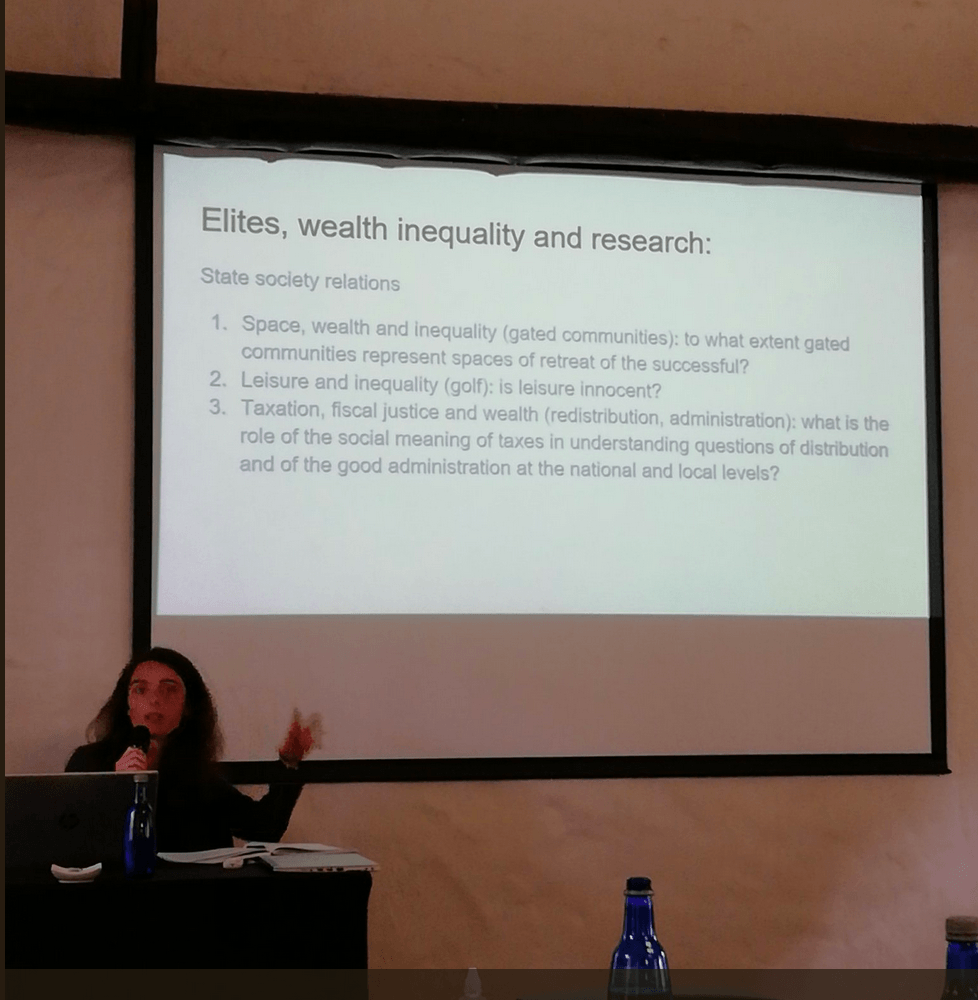The Southern Centre for Inequality Studies recently held a symposium on understanding inequality in the global South. The pre-conference event on 9 April 2019 featured a presentation by Dr Federica Duca, discussing researching elites and wealth inequality.
Background:
Much of the research on inequality has focused on inequality of income and of opportunities. There is a large gap in understanding wealth inequality, and its impact on other spheres of society. In economics and quantitative-based sociological studies, much of the research has focused on measuring wealth distribution, how wealth is held, and the mechanism through which wealth distribution is produced and reproduced. In sociology and anthropology, insightful research on elites show why and how wealth privileges reproduced, and reveal the non-money metric factors that are crucial to understanding the top shares in the distribution in the form of power, culture, and other social structures. Crucially, these studies also help us understand the political economy in which policy efforts to redress inequality is done.
Much of the theorising on wealth inequality has been done in the ‘Global North’, where the Northern experience has been universalised and applied to the South. However, the roots of inequality in the South are different, and the manifestation of inequality are different both in and within the South.
We propose that using ‘wealth inequality’ as a conceptual tool can bring together different disciplinary approaches to studying this phenomenon, and research originating in the South provide an alternative base from which to theorise about wealth inequality. In better understanding wealth inequality in the South, we hope to provide a basis in which to redress inequality.
Aim:
The event is bringing together a new group of researchers from different disciplines across the world. The goal is to share ideas and experiences to workshop a common approach to understanding wealth inequality in the Global South. Further, many researchers work on this area in isolated spaces, and we hope that this network will motivate and build momentum in this area of research.



